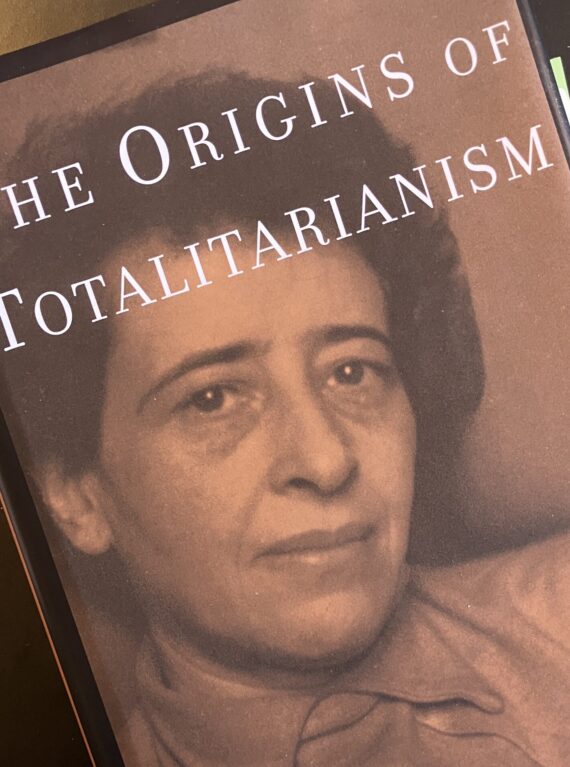By contrast to Franz Neumann, who characterized the Third Reich as lawless and chaotic, a “non-state” in his words, and to Ernst Fraenkel, who identified both a rule bound and lawless dimension to what he called the “Dual State,” Hannah Arendt argued that totalitarian forms of government (including both Nazi Germany and Stalinist USSR) disregard positive law but aspire to a higher law. For Nazi Germany, Arendt describes that higher law as “the law of nature,” by which she means the white supremacist belief in the superiority of the Aryan race as a matter of genetic science. In the case of the Soviet Union under Stalin, Arendt described the higher law as “the law of history,” understood as a historical materialist theory that inextricably led to the dictatorship of the proletariat, or in her words the superiority of a class. We have seen this played out recently in American politics: political leaders claiming that the enforcement of positive law is purely political and being weaponized, and should give way instead to a popular conception of what is right. [Continue reading here…]
Jens Meierhenrich
2 posts
When Max Horkheimer took the reins, in 1931, of the Institut für Sozialforschung, the critique of capitalism received an unexpected jolt. His directorship of the fêted think tank marked a turning point in the development of critical theory. For Horkheimer streamlined the nascent Frankfurt School. He saw to it that staff trained their eyes on varieties of capitalism.[2] In Germany and later at Columbia University, he cultivated an “interdisciplinary materialism.”[3] For the best part of a decade, the critique of advanced capitalism was the overarching focus of the Institute for Social Research. [Continue reading here…]


